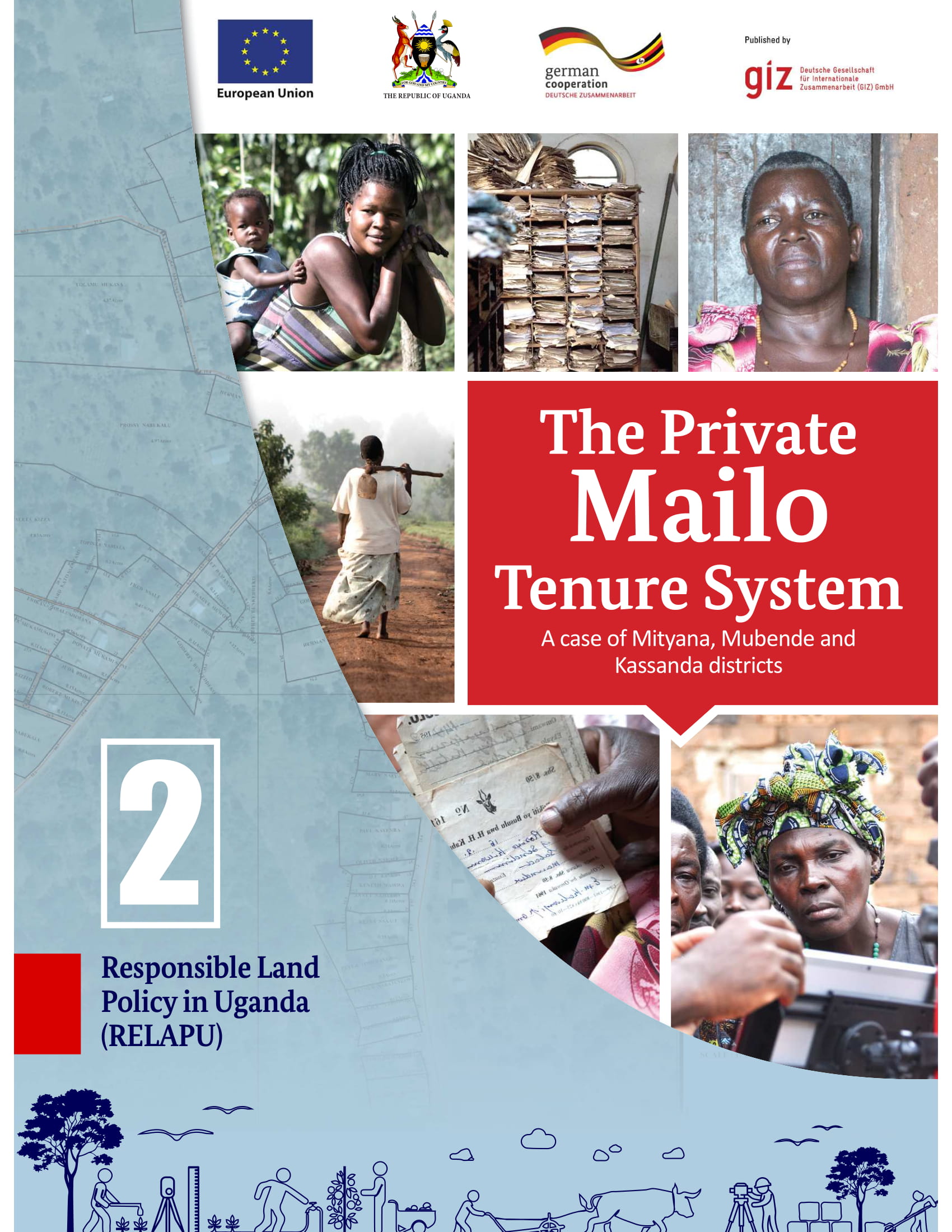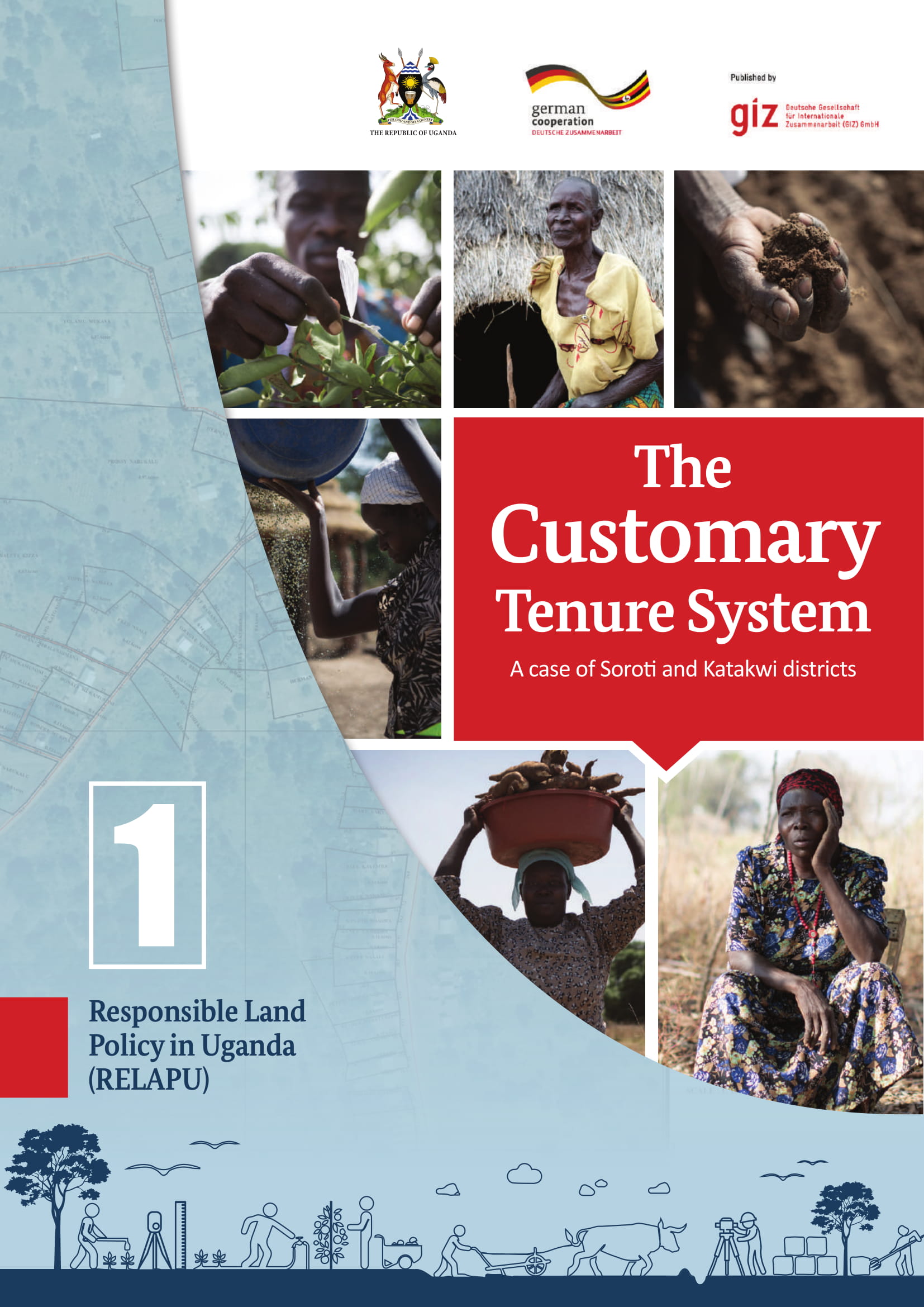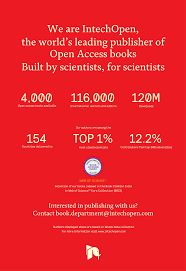The private Mailo tenure system
Mailo is a unique tenure system in central Uganda. It is divided into three parts: Kabaka’s Mailo, Official Mailo and Private Mailo. Private Mailo belongs to an individual, so-called landowner and it can be sold, subdivided or transmitted. Conflicts on private Mailo can occur between landowners & tenants, tenants & tenants, and landowners & landowners. A key challenge is that there is a lack of knowledge and transparency on land rights on both sides.










